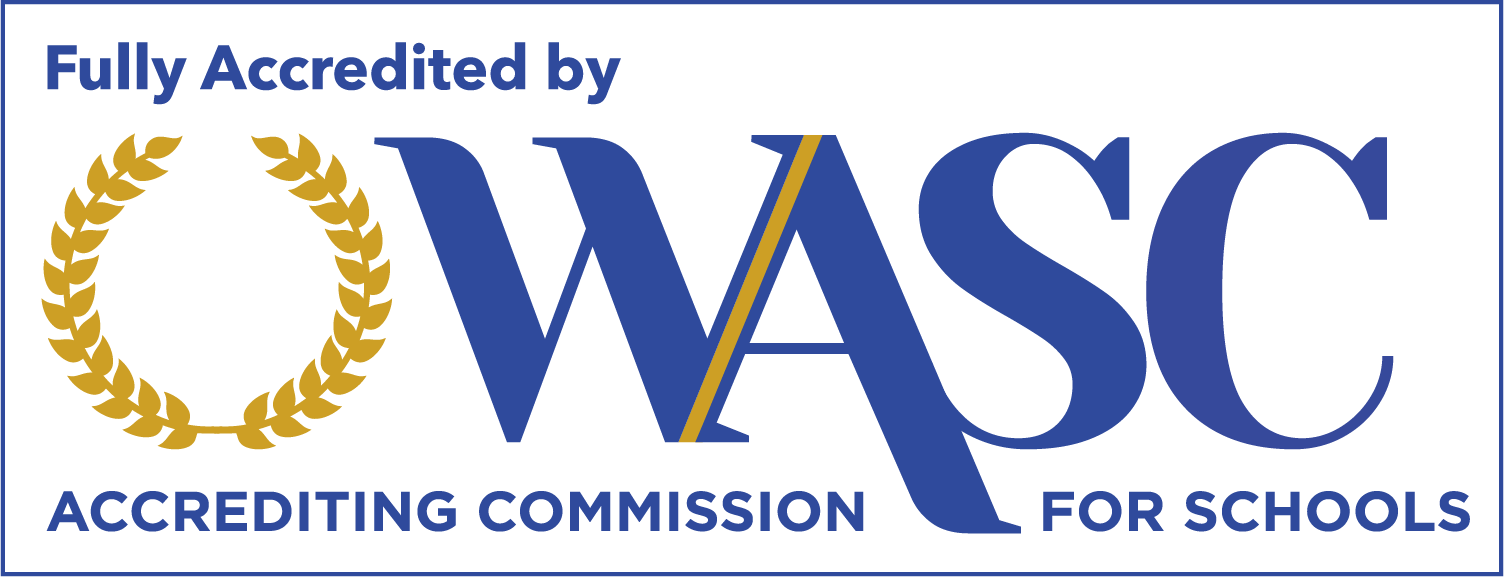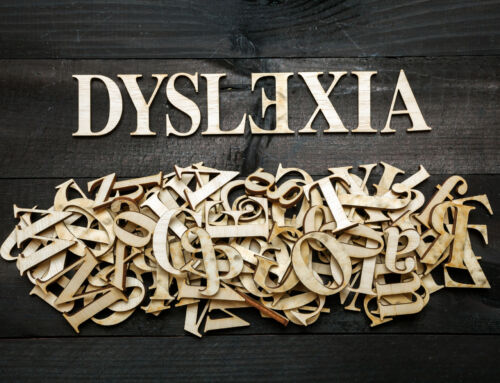Language-Based Learning Disability | What You Should Know
Developing fluid and comprehensive language skills is something that most people expect children to develop naturally through typical methods of learning. The development of these skills is actually rooted in sophisticated cognitive processes that include an individual’s attention, visual and auditory perception, processing, memory, and executive function.
Children who face challenges in any one of or in multiple areas may also face difficulty in developing the language-based skills necessary for their academic success through typical teaching methods.
Take reading for example. To understand a particular reading passage, a student must be capable of paying attention to the task, comprehending the words, retrieve the corresponding vocabulary from their memory, and relate that knowledge from their memory to read those words. However, children with language-based learning disabilities (LBLD) can struggle with what may seem like a relatively easy task for most children.
Understanding Language-Based Learning Disability
LBLD refers to a range of difficulties related to understanding and using spoken and written language. Language-based difficulties are a common reason for children to struggle with their academic skill development. Weak language skills can disrupt their comprehension and communication skills, making school life challenging for them.
Like all learning challenges, LBLD finds its roots in a combination of differences in the way an individual’s mind functions as well as with environmental factors. The real key to supporting students with LBLD is to know how to adjust the lessons so that they experience academic success in their classes. Rather than expecting the student to fit in the box, teachers need to be adept at discovering how their students learn and the best way to support their style of learning. Specialized academic instruction that is tailored to their needs along with guided practice with the goal of remediating their weaknesses can help children with LBLD perform better in school at a younger age and to develop life skills to support them into adulthood.
LBLD can manifest as a wide variety of difficulties with varying levels of severity for individuals. A student might find it difficult to sound out words for reading or spelling but might be adept at oral expression and comprehending words through listening. Another might struggle with listening comprehension but find it easier to spell and read words. The spectrum of LBLD can range drastically and require specific attention for each student based on their specific difficulties.
LBLD’s Impact on Academic Performance
Children develop academic proficiency as they increase their skills and abilities. Proficiency relies on three interconnected elements:
Language and literacy skills
- Listening
- Speaking
- Reading
- Writing
Study skills
- Language management
- Flexible and appropriate use of strategies for material management
- Time management
Self-efficacy
- Self-awareness
- Self-assessment
- Self-advocacy
- Confidence that their actions will lead to achieving their goals
Having a good command over their executive function skills allows children to maintain their focus, progress, and motivation for their studies. It helps children make connections with existing knowledge and understand when their comprehension falters. It helps them apply strategies to control their frustrations and resolve issues in understanding.
All of the three elements for academic proficiency are coordinated by executive function. It enables them to set goals and process the various resources they need to meet their academic goals.
Many students with LBLD do not develop academic proficiency unless they are taught skills with a supportive environment of instruction and curriculum that is tailored to meet their needs. It is crucial for their teachers to know how to encourage their stronger skills to boost their self-esteem and work with the children to overcome their weaknesses to help them acquire the necessary skills to become successful.
If you have children with LBLD, the first step to empower them for a better life as they grow up is to understand how and when LBLD impacts their academic experience and why language-based learning tailored to their needs is important.
Signs of Language-Based Difficulties
Most children naturally develop skills at their own pace. Many students face challenges in learning from time to time. Understanding typical developmental patterns are necessary to determine whether a student’s performance in a particular area is a cause for concern.
For instance, we can expect most preschool children to find it challenging to tie their shoelaces, add and subtract numbers accurately, and write neatly. Elementary school aged children should be able to perform all these tasks without much thought. However, persistent difficulty in any of these skill areas might warrant further investigation.
It might surprise you to learn that learning difficulties do not necessarily show up early in childhood. It can emerge at any stage of their development. Most language-based learning difficulties can be diagnosed at a young age. However, some students develop problems as the demands for language rise along with the need for independent learning.
If your child experiences a change that sees them struggle as they progress through school, you should not be quick to attribute typical adolescent behavior as the problem. It may be the late emergence of language-based learning disabilities that present as educational requirements increase.
Sometimes, LBLD can emerge later even though they have been there from a young age. Some very bright children with LBLD can mask their struggles at first but their strategies might not work later as their academics progress.
How We Can Help Your Child with LBLD
Parents of children with LBLD worry about how their child’s struggles will affect their quality of life and whether they can live a normal life. Parents need to understand that students with LBLD have unique requirements for learning but can still be 100% successful in life.
Every student with LBLD who struggles in school can benefit from structured and multisensory skills-based instruction that meets their specific needs.
We at READ Academy of Sacramento understand LBLD. We have created a place for students who learn differently to thrive. If your child is struggling to read, write or complete math problems, we understand that they have different needs in order to be successful in these
areas. We use a unique and tailored teaching approach developed through an evidence-based curriculum to ensure academic success for our students. Our dedicated and passionate staff is here to help students develop both academically and personally in order for them to reach their highest potential.
Contact us today to learn more, schedule a tour, or to explore alternative education opportunities for your child.




